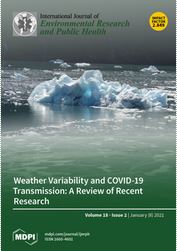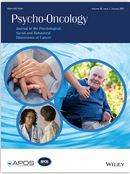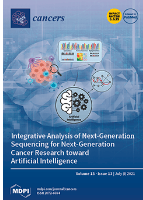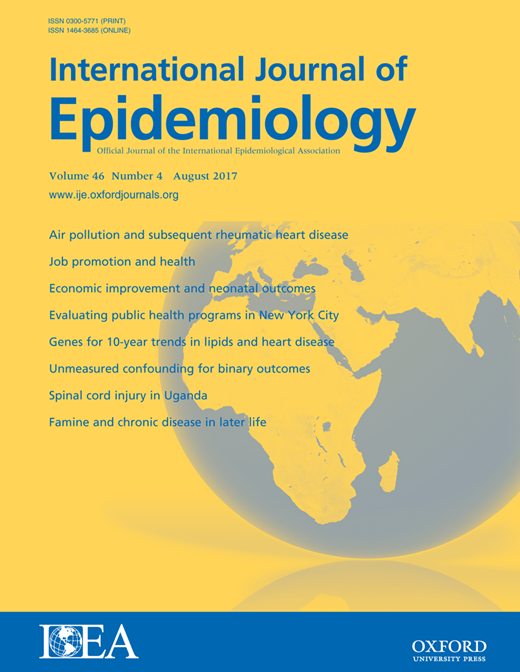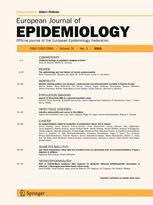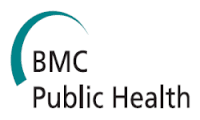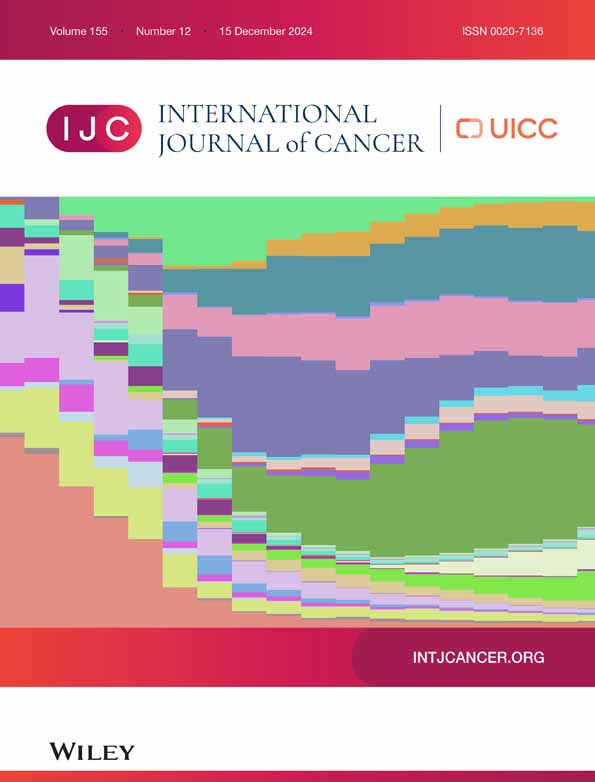Physical Environment vs. Social Environment: What Factors of Age-Friendliness Predict Subjective Well-Being in Men and Women?
“Age-Friendly Cities and Communities” is an initiative launched by the WHO in 2007 that has spread to more than 1000 cities and communities around the world. This initiative is based on an integrated physical and social environment for older people, and a model of participatory, collaborative governance. An enabling social environment setting is just as…



